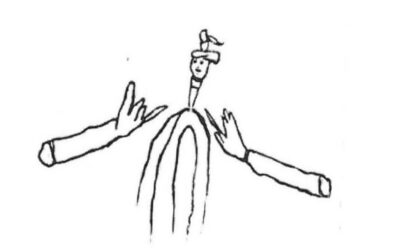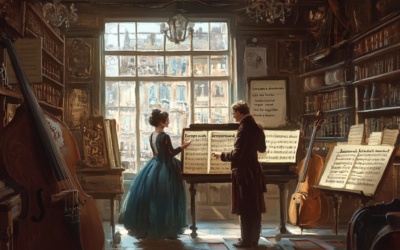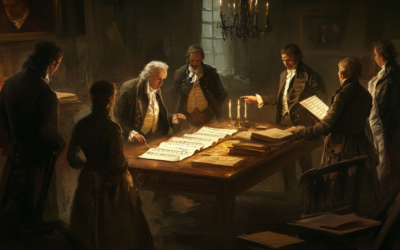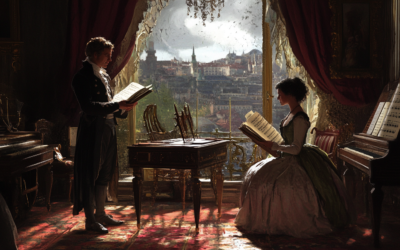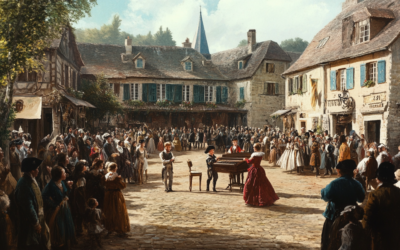The Mozart Question
Uncovering the Truth Behind the Myth
In this revealing interview, we delve into the lesser-known aspects of Wolfgang Amadeus Mozart’s life, challenging the long-standing myth of his genius. A Swedish journalist explores how Mozart’s legacy has been shaped and manipulated over time, shedding light on the crucial role played by his father, Leopold, in crafting the career of the famed composer.
Mozart: The Fall of the Gods
This book offers a fresh and critical look at the life of Wolfgang Amadeus Mozart, challenging the myths that have surrounded him for centuries. We strip away the romanticised image of the “natural genius” and delve into the contradictions within Mozart’s extensive biographies. Backed by nearly 2,000 meticulously sourced citations, this work invites readers to explore a deeper, more complex understanding of Mozart. Perfect for those who wish to question the traditional narrative, this biography is a must-read for serious music lovers and historians.
"Leopold Mozart was the real composer behind many of Wolfgang and Nannerl’s early works, shaping their success while crafting his own legacy."
Mozart: The Fall of the Gods
In The Mozart Question, we confront the conventional narrative surrounding Wolfgang Amadeus Mozart. This interview with a Swedish journalist unveils the reality of how Mozart’s story has been distorted over centuries. The focus shifts to his father, Leopold, who played a significant part not just in shaping Mozart’s career, but in composing much of the music credited to his son.
“Leopold Mozart’s life was a testament to survival in a world where his talents were often overshadowed by those of his more gifted contemporaries and his own son.”
Read the full interview to discover the truths behind one of the most influential composers in history:
👉 The Mozart Question
You May Also Like
Unveiling the Truth Behind the Drawing
H. S. Brockmeyer’s latest research unravels the mystery behind a July 5, 1791, letter from Mozart to his wife. This remarkable investigation uncovers the original, unembellished drawing Mozart included—vastly different from the altered version widely reproduced in collections today. The discovery raises significant questions about historical accuracy and the intentional shaping of Mozart’s legacy.
The Deceptive Nature of Mozart’s Catalogue
The Thematic Catalogue traditionally credited to Mozart is fraught with inaccuracies, suggesting that many of his famous works might not be his at all. This prompts a necessary reevaluation of Mozart’s legacy and the authenticity of his compositions.
The Mozart Myth Unveiled: A Deeper Look
Mozart’s legacy is far from the untarnished narrative of genius that history would have us believe. The web of deceit woven around his name by those closest to him, including his own widow, reveals a much darker story.
The Other Side of Mozart’s Legacy
Explore the untold story of Mozart, where myth and reality collide. Our critical examination of his life and works reveals a legacy shaped by profit, myth-making, and misattribution. Join us in uncovering the truth behind the man and his music.
The Deception Surrounding Mozart’s Legacy
Anton Eberl’s confrontation with Constanze in 1798 exposed a web of deceit surrounding Mozart’s legacy, revealing that several of his compositions were falsely attributed to the late composer. This chapter uncovers the ethical dilemmas and controversies that have marred the posthumous reputation of one of history’s most celebrated musicians.
Leopold’s Invisible Hand
Behind the glittering performances of young Wolfgang and Nannerl Mozart lay the meticulous guidance of their father, Leopold. Often considered a mere teacher, Leopold’s role in composing and shaping their early musical successes has been largely overlooked. Was the child prodigy truly a genius, or was it Leopold who orchestrated his son’s rise to fame?


